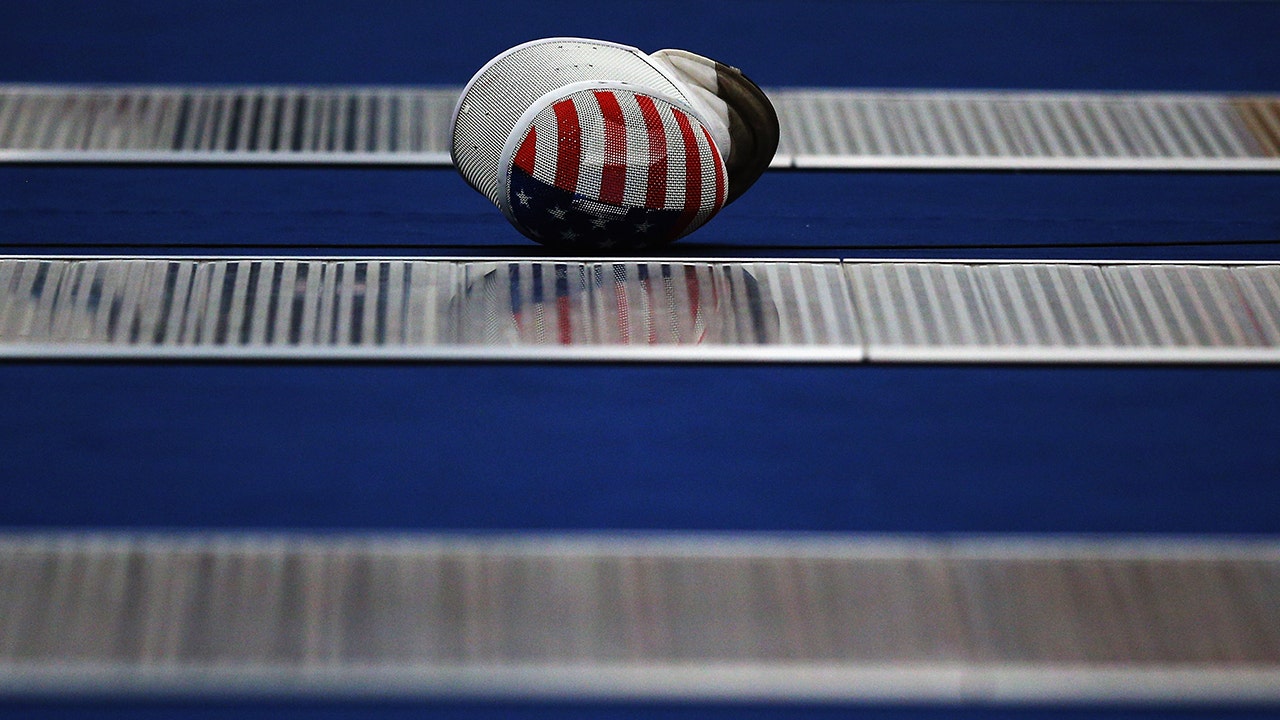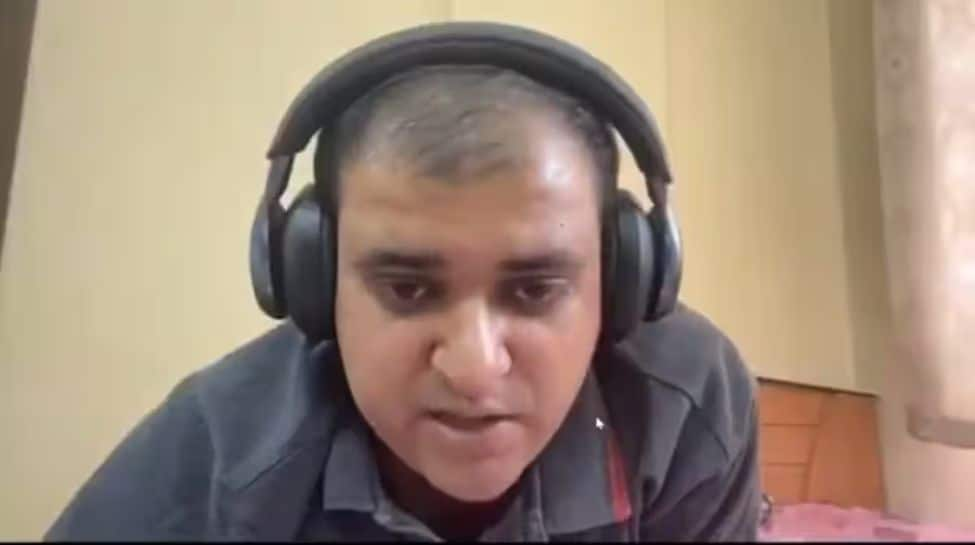After consultations with allies and lawmakers, Biden’s top advisers unanimously recommended going ahead with the cluster transfer, Sullivan said in a briefing for reporters. He noted that any comparison to Russia’s extensive use of the weapons throughout the war was invalid, since Ukraine was fighting for its own survival against Russian aggression. He added that “30 to 40 percent” of the Russian submunitions were duds, while the ones the United States is sending to Ukraine have been tested to ensure their dud rate did not exceed 2.35 percent.
Moscow, he said, is specifically using the weapons to target civilians, while Kyiv — which has allegedly used some of its own Soviet-era cluster munitions during the war, although to a far lesser extent than Russia — is interested in them only for military purposes.
The U.S. weapons — 155mm shells that are fired from Western-provided howitzers — will serve to bolster Ukraine’s counteroffensive until the United States and its allies can boost production of non-cluster, or “unitary” shells, Sullivan said.
“This is the moment to begin that bridge, so there isn’t a moment … when Ukraine is short on artillery” and becomes “vulnerable,” Sullivan said.
Ukraine has given the administration written assurances that “they intend to use these munitions in a way to minimize the exposure of civilians, outside of civilian areas and outside of areas that civilians traffic. That is to say, on the battlefield, where they are presently both trying to defend their territory and to move forward,” Sullivan said.
Biden spoke of the decision at the White House as he completed public remarks on the economy.
More than 120 countries, including most NATO members, have signed an international convention banning the production, use or transfer of cluster munitions as inhumane, indiscriminate and against international law. Russia, Ukraine and the United States are not among the signatories. The United States has used cluster munitions in its past wars, including Southeast Asia in the 1960s and 1970s and Iraq in 2003. It currently has millions of cluster bombs in stockpile.
Congress has included a ban on U.S. cluster munitions with a dud rate above 1 percent in defense appropriations since 2017. On Friday, Biden invoked his power under the Foreign Assistance Act to bypass that law, by determining that vital U.S. national security interests are at stake.
Reaction to the decision to supply the munitions was mixed.
The U.S. Cluster Munition Coalition, an advocacy group, said the provision of these weapons to Ukraine could erode a far-reaching global consensus against their use or export. In a statement, the group said it was “appalled by the decision by President Biden to transfer these banned weapons, and urges that he reconsider given the significant humanitarian, human rights, and political risks involved.”
A number of Democratic lawmakers echoed Rep. Betty McCollum (D-Minn.), who called the decision “unnecessary and a terrible mistake” that thwarted the will of Congress and undermined American moral authority. “The legacy of cluster bombs is misery, death and expensive cleanup generations after their use,” McCollum said in a statement.
But a trio of senior Republican lawmakers, including Rep. Michael McCaul (R-Tex.), chairman of the House Foreign Affairs Committee, Sen. Roger Wicker (R-Miss.), ranking member of the Senate Armed Services Committee, and Sen. James E. Risch (R-Idaho), ranking member of the Senate Foreign Relations Committee, welcomed what they described as a “long-overdue” decision.
“While no weapons system is a proverbial golden bullet, DPICMs will help fill a key gap for Ukraine’s military,” the lawmakers said, using the abbreviations for what are officially called Dual-Purpose Improved Conventional Munitions. They urged the administration to give Ukraine other arms it has requested, including longer-range ATACMS missiles and F-16 fighter jets.
Allied countries that are signatories to the Convention on Cluster Munitions say they have counseled against their export but said Biden’s decision won’t pose any obstacle to continued security cooperation with Washington.
German government spokesman Steffen Hebestreit reiterated Berlin’s position as a signatory to the ban on cluster munitions but noted that Russia had already used them widely in Ukraine. “We are sure that our U.S. friends did not take the decision to supply such ammunition lightly,” he said.
Rep. Jason Crow (D-Colo.), an Army veteran, called for the Pentagon to release more detailed information about the munitions being provided and their failure rates. “This is a challenging decision and draws a stark contrast between two competing interests: the humanitarian dangers posed by these munitions but also the need to support Ukraine in its existential fight for survival,” he said in a statement.
Nonproliferation experts have also called on the administration to release more information about cluster munitions testing, noting that previous Defense Department assessments have placed the dud rate significantly higher, and that real-world performance varies widely depending on the terrain and conditions in which they are used.
Colin Kahl, the undersecretary of defense for policy, told reporters at the Pentagon that “five comprehensive tests,” most recently in 2020, have been conducted to ensure that the failure rate of the shells sent to Ukraine will be 2.35 percent or less. He declined to specify the variant — believed to be M864 shells first produced in 1987 — and said that “the tests themselves are classified” and cannot be made public.
The cluster munitions are part of a new $800 million drawdown of U.S. military equipment for Ukraine announced Friday. The package included 2 million 155mm artillery rounds, some of which Kahl said were unitary. But he declined to specify how many were cluster munitions, except to say that “hundreds of thousands … are available at this dud rate. I believe the numbers and our ability to flow them in will be sufficient” to supply Ukraine until the current Western shortage of unitary rounds is resolved.
On Twitter, Ukrainian President Volodymyr Zelensky called the drawdown package “a timely, broad and much-needed defense aid package,” and said that “the expansion of Ukraine’s defense capabilities will provide new tools for the de-occupation of our land and bring peace closer.”














































